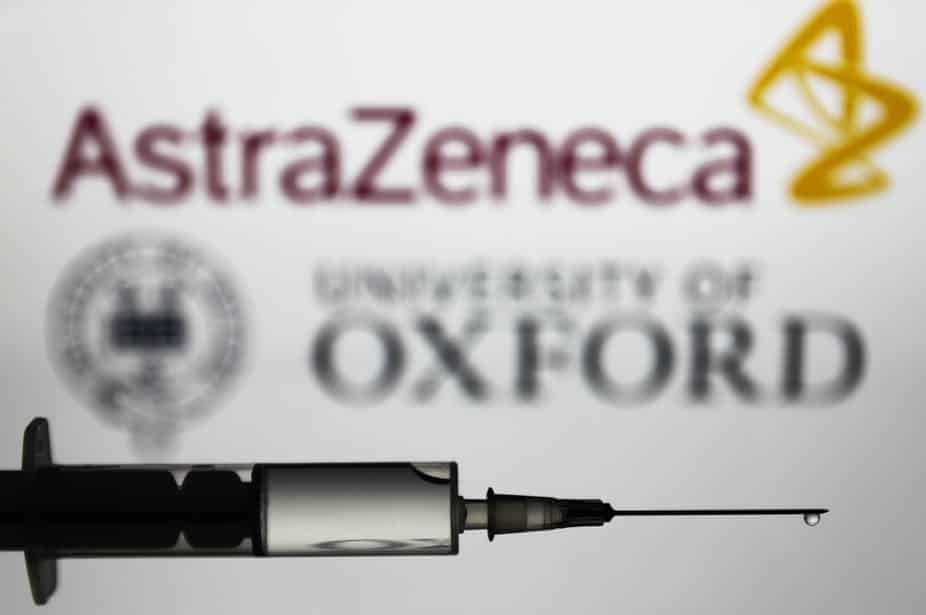Just weeks after Pfizer and Moderna unveiled successful clinical trials for their COVID-19 vaccine candidates, a third pharmaceutical giant makes headway with its potential answer to the pandemic. On November 23, Britain’s AstraZeneca published interim trial results for AZD1222, a vaccine it co-developed with the University of Oxford.
AZD1222 is touted as the cheapest of the COVID-19 vaccines to produce. Additionally, it was reported that it can be stored, transported, and handled at normal refrigerated conditions (2-8 degrees Celsius) for at least six months, potentially making it more suitable for common healthcare facilities and their refrigeration equipment. Meanwhile, the vaccines from Pfizer and Moderna must be stored at sub-zero temperatures (minus 70 and minus 20 degrees Celsius, respectively) to remain stable.
In terms of preventing COVID-19, the vaccine also comes close to its counterparts from Pfizer-BioNTech and Moderna. “Excitingly, we’ve found that one of our dosing regimens may be around 90% effective and if this dosing regime is used, more people could be vaccinated with planned vaccine supply,” said Prof. Andrew Pollard, the clinical trial’s chief investigator.
AstraZeneca gave trial participants AZD1222 in either a half dose followed by a full dose, or two full doses. The treatments were spaced at least one month apart. Pollard remarked on the first regimen’s superior efficacy, despite requiring less of the vaccine. To compare, AZD1222 was only 62% effective in the dosing regimen of two full doses.
Mass production of AstraZeneca’s vaccine is already in the works, with a capacity of up to 3 billion doses planned for 2021, pending the drug’s regulatory approval. Several additional global trials for AZD1222 are also planned, expected to enroll 60,000 participants.
Oxford and IP sharing
With tens of billions of dollars at stake in the race for a COVID-19 vaccine, AstraZeneca seems poised to capture a huge chunk of the new market with its cheaper, easy-to-store solution. But AZD1222 is not the drugmaker’s exclusive intellectual property; the University of Oxford’s involvement in its creation stands to impact AstraZeneca’s profit motive.
Since Oxford is a publicly funded institution, its IP actions must align with U.K.’s interests — access to life-saving medication during a global pandemic included. The university’s agreement with AstraZeneca reflects this, with Oxford University Innovation COO Adam Stoten in April reiterating their commitment to eventually provide royalty-free, non-exclusive licences: “The overarching principle of expediting access to our IP is obviously the right thing to do for a university – or any organisation.”
Though Oxford sees the most IP-derived income out of all the British universities, amounting to over EUR 79 million in 2018/19, its approach of granting expedited IP licenses is unique throughout the country.
“The negative publicity attached to asserting your IP rights would be very large; reputations are made or broken in circumstances like this. It is critical for companies to do the right thing and be seen to be doing the right thing,” Stoten said.
Amid these developments, the UK granted emergency-use authorization for a different vaccine. On Wednesday, it approved the Pfizer-BioNTech COVID-19 vaccine, making it the first Western nation to approve the vaccine for mass rollout.






